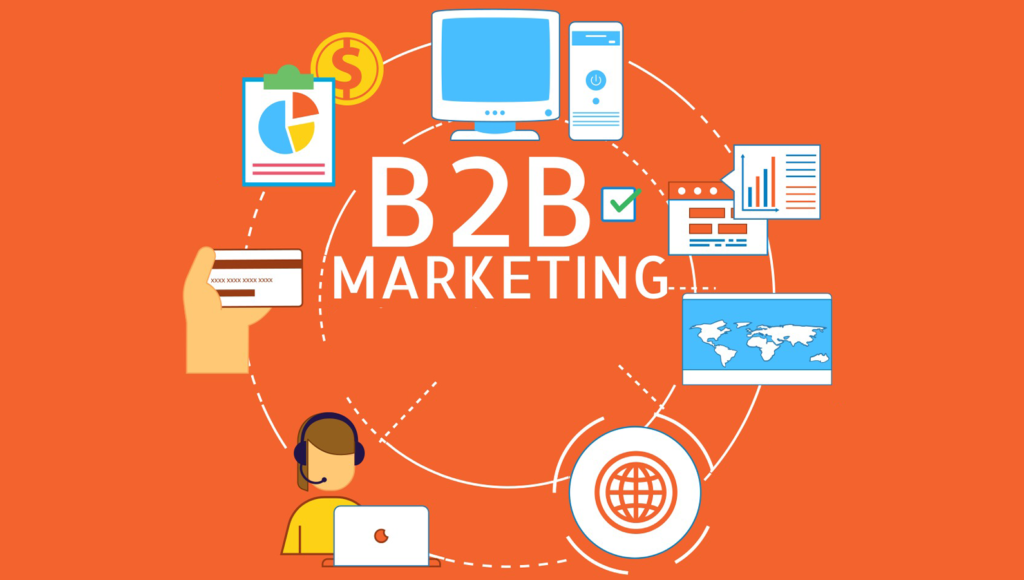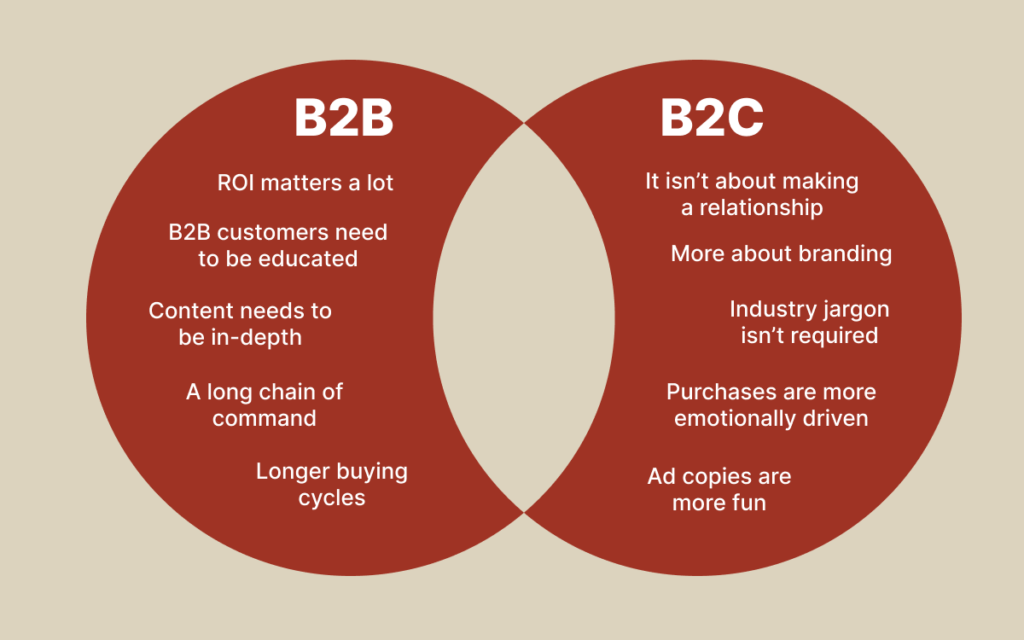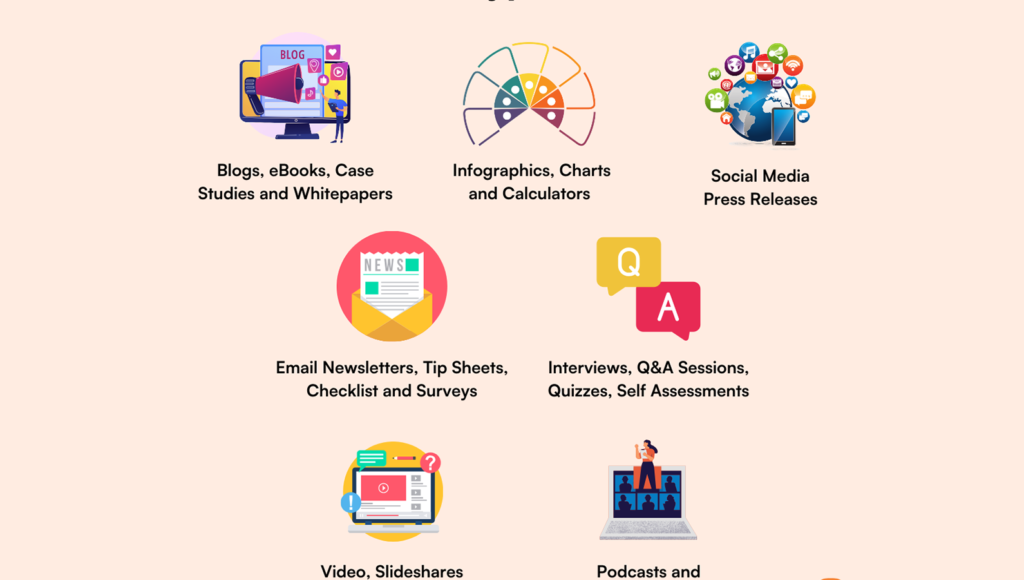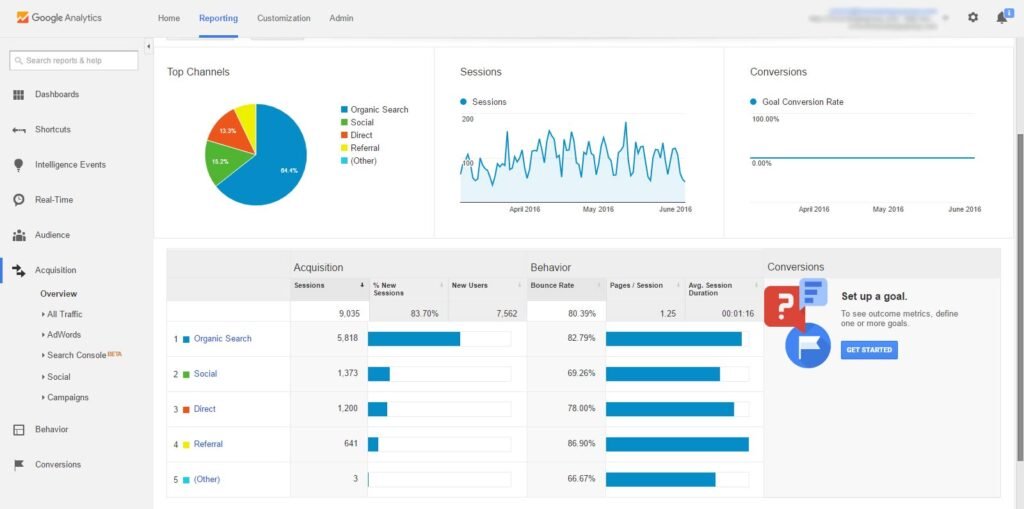
Introduction
The Ultimate Guide to B2B Marketing
In the ever-evolving landscape of business, B2B (business-to-business) marketing has become a crucial component for companies looking to thrive in competitive markets. Unlike B2C (business-to-consumer) marketing, which focuses on engaging with individual consumers, B2B marketing targets other businesses, aiming to build relationships, drive sales, and establish long-term partnerships. This comprehensive guide will delve into the intricacies of B2B marketing, exploring effective strategies, emerging trends, and best practices to help your business achieve success.

What is B2B Marketing?
B2B marketing refers to the strategies and techniques used by companies to market their products or services to other businesses rather than individual consumers. The goal is to build relationships, generate leads, and ultimately drive sales by addressing the needs and pain points of other organizations. B2B marketing often involves longer sales cycles, higher transaction values, and a more complex decision-making process compared to B2C marketing.

Key Components of B2B Marketing
1. Understanding Your Target Audience
The foundation of any successful B2B marketing strategy is a deep understanding of your target audience. Unlike B2C marketing, which often targets a broad consumer base, B2B marketing requires a more focused approach. Identify the key decision-makers and influencers within the organizations you want to reach. This might include executives, managers, and department heads.

2. Developing a Strong Value Proposition
A compelling value proposition is essential in B2B marketing. It should clearly articulate how your product or service solves a problem or adds value to another business. This proposition needs to be tailored to the specific needs and pain points of your target audience.
3. Content Marketing
Content marketing is a cornerstone of B2B marketing. Providing valuable, relevant, and informative content helps establish your business as an industry thought leader. This can include blog posts, whitepapers, case studies, webinars, and infographics.

4. Search Engine Optimization (SEO)
SEO is crucial for driving organic traffic to your website. By optimizing your website content with relevant keywords, such as “B2B marketing strategies” and “B2B lead generation,” you can improve your search engine rankings and attract potential business clients.
5. Email Marketing
Email marketing remains a powerful tool in B2B marketing. Personalized email campaigns can nurture leads, keep prospects engaged, and drive conversions. Segment your email lists based on industry, company size, and job role to ensure that your messages are relevant and targeted.
6. Social Media Marketing
Social media platforms offer opportunities to engage with other businesses and industry influencers. LinkedIn, in particular, is a valuable platform for B2B marketing, as it allows you to connect with professionals, join industry groups, and share valuable content.

7. Pay-Per-Click (PPC) Advertising
PPC advertising can help you reach potential business clients through targeted ads. Platforms like Google Ads and LinkedIn Ads allow you to create campaigns that target specific industries, job titles, and geographic locations.
8. Lead Generation and Nurturing
Effective lead generation and nurturing are critical to converting prospects into clients. Use strategies such as gated content, landing pages, and lead magnets to capture contact information. Once you have leads, employ nurturing tactics such as email drip campaigns and personalized follow-ups.
9. Customer Relationship Management (CRM)
A robust CRM system helps manage interactions with potential and existing clients. It enables you to track communication, monitor lead progress, and analyze data to improve your marketing strategies.
10. Analytics and Measurement
Tracking the performance of your marketing efforts is essential for optimizing strategies and demonstrating ROI. Use tools like Google Analytics and marketing automation platforms to monitor metrics such as website traffic, conversion rates, and campaign effectiveness.

B2B Marketing Strategies
1. Account-Based Marketing (ABM)
ABM is a highly targeted approach where you focus your marketing efforts on specific high-value accounts. By tailoring your messaging and strategies to individual companies, you can increase the relevance and effectiveness of your campaigns.
2. Influencer and Partnership Marketing
Collaborating with industry influencers and strategic partners can enhance your credibility and expand your reach. Identify influencers and partners who align with your brand values and can help promote your products or services to their audience.
3. Personalization
Personalization involves tailoring your marketing messages and content to the specific needs and interests of your target audience. By leveraging data and insights, you can create personalized experiences that resonate with potential clients and drive engagement.
4. Thought Leadership
Positioning your company as a thought leader in your industry can build trust and attract business clients. Share insights, research, and expertise through various channels to establish your authority and influence.
Trends in B2B Marketing
1. Artificial Intelligence (AI) and Automation
AI and automation are transforming B2B marketing by enhancing data analysis, lead scoring, and personalized content delivery. Tools like chatbots, predictive analytics, and automated email campaigns can streamline processes and improve efficiency.
2. Account-Based Marketing (ABM)
ABM is gaining popularity due to its highly targeted approach. By focusing on specific accounts and customizing your marketing efforts, you can achieve better results and higher conversion rates.
3. Content Marketing Evolution
Content marketing continues to evolve with the rise of interactive content, such as quizzes, polls, and interactive infographics. These formats engage users more effectively and provide valuable insights into their preferences.
4. Video Marketing
Video content is becoming increasingly important in B2B marketing. Product demos, webinars, and customer testimonials can convey complex information in an engaging and easily digestible format.

5. Data Privacy and Security
With growing concerns about data privacy, businesses need to prioritize security and transparency. Ensure that your marketing practices comply with regulations such as GDPR and CCPA, and communicate your commitment to data protection.
Best Practices for B2B Marketing
1. Focus on Relationship Building
In B2B marketing, building strong relationships with clients is essential. Focus on providing value, addressing client needs, and maintaining open communication to foster trust and loyalty.
2. Leverage Data and Analytics
Use data and analytics to drive your marketing decisions. Analyze performance metrics, track customer behavior, and gather insights to optimize your strategies and improve ROI.
3. Invest in Quality Content
High-quality content is key to attracting and engaging your target audience. Invest in creating valuable, relevant, and well-researched content that addresses industry challenges and provides solutions.
4. Adopt a Multi-Channel Approach
A multi-channel marketing approach ensures that you reach your audience through various touchpoints. Combine different channels, such as email, social media, and content marketing, to create a cohesive and effective strategy.
5. Continuously Test and Optimize
Marketing is an ongoing process that requires constant testing and optimization. Experiment with different tactics, analyze results, and refine your strategies to stay ahead of the competition and achieve better results.
Conclusion
B2B marketing is a dynamic and multifaceted field that requires a strategic approach to succeed. By understanding your target audience, developing a strong value proposition, and leveraging various marketing strategies and tools, you can effectively engage other businesses and drive growth. Stay informed about emerging trends and best practices, and continuously refine your strategies to adapt to the evolving landscape. With the right approach, your B2B marketing efforts can lead to lasting partnerships and long-term success.

